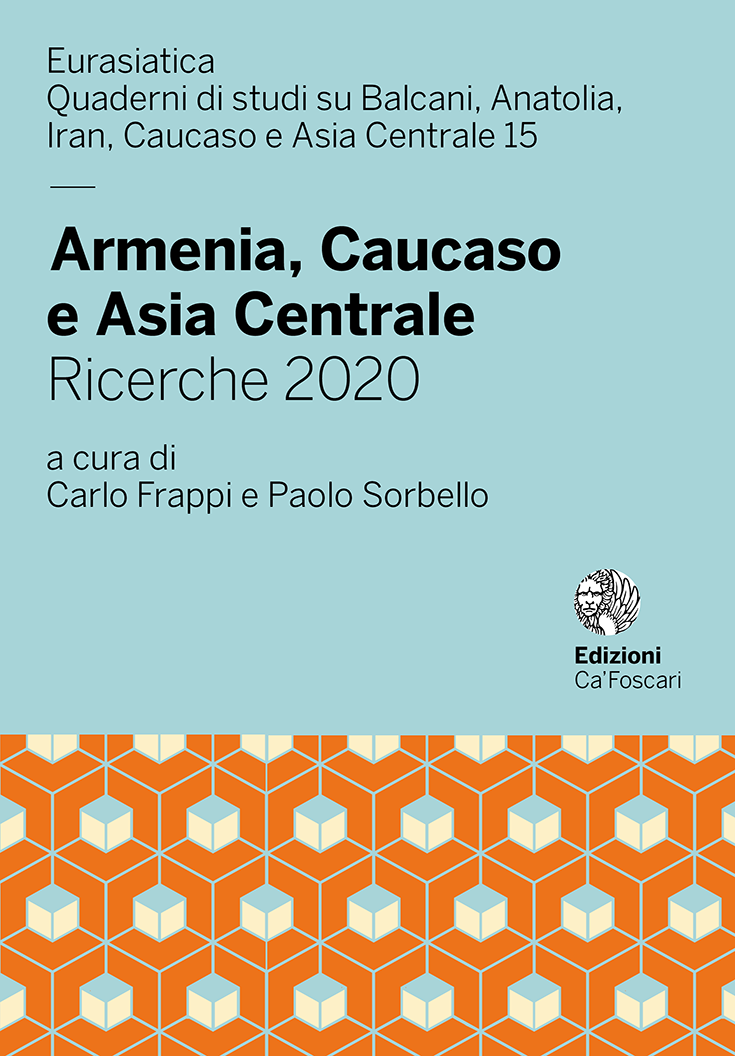- search 318 views
- file_download 38 download
- keyboard_capslock metadata
-
mark_email_readIscriviti alla newsletter
The Prospect of the Russian Language in Georgia. Insights from the Educated Youth
abstract
After the collapse of the Soviet Union, the status of the Russian language in the new-born Republics became a central issue. In the Southern Caucasus, all the Constitutions promulgated by the three Republics opted for ethnocentric language policies that accepted the titular language as the only State Language. However, the role of the Russian language as a lingua franca remained crucial for international communication and everyday interaction. It followed that it continued to play an important role also in education. The present study focuses on Georgia, where a strong derussification policy has taken place in the last decades and aims at understanding to what extent the use of Russian among the young generations has contracted. In particular, we present an analysis conducted on data collected via (i) a survey for young people consisting of questions on their sociolinguistic background and a proficiency test in Russian, and (ii) semi-structured interviews for teachers of Russian and English as Foreign Languages on the research topics.
Keywords: Sociolinguistics • Language policy • Derussification • Russian FL • Georgia




